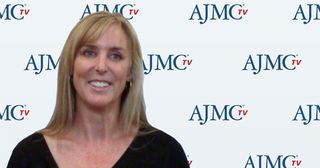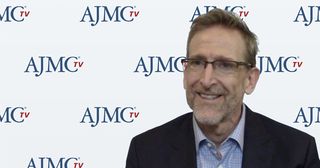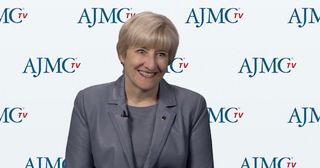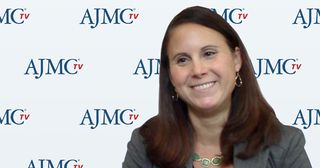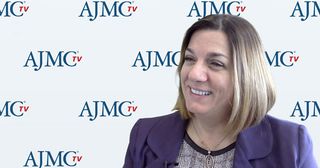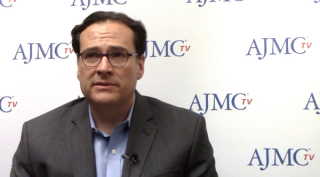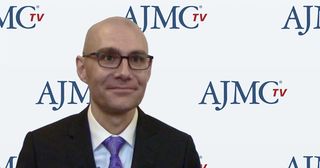
Alternative Payment Models
Latest News
Latest Videos

More News
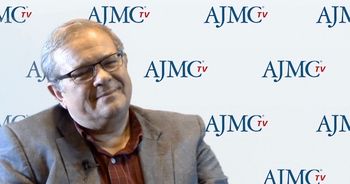
The Oncology Care Model (OCM) is not a sustainable model, but while it finishes out the 5-year pilot, CMS will likely be fine-tuning bundled payments in medical oncology, said Michael Kolodziej, MD, vice president and chief innovation officer at ADVI Health, Inc.
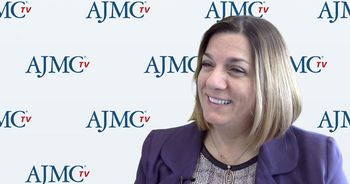
Implementing the Oncology Care Model required educating physicians and staff on a new way to do the work and why the changes were necessary under the new model, explained Sibel Blau, MD, medical oncologist at Northwest Medical Specialties, PLLC.

Practices participating in the Oncology Care Model have now received performance results for 2 periods, and many practices were surprised that they didn’t perform as well as expected. In general, some of the practices have found it difficult to predict success in the model, but there have been positive results from the OCM.

CMS recently released the Oncology Care Model (OCM) performance period 1 (PP1) true-up 1 and the performance period 2 (PP2) initial reconciliation. The performance data show some practices may be gaining traction with their success, while others have found it difficult to make progress as CMS continues to refine the payment methodology for the model across performance periods.

A study published in this month's issue of The American Journal of Managed Care® estimated standardized episode-level spending for patients across subcategories of care for each hospital referral region—defined by the Dartmouth Atlas—in order to identify the greatest opportunities for cost savings under the Oncology Care Model (OCM).
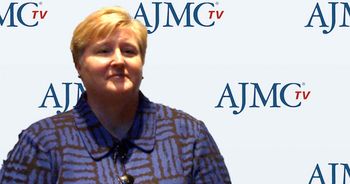
The greatest unknown if which reimbursement model for these high-cost therapies will gain supremacy, explained Jane F. Barlow, MD, MPH, MBA, senior advisor, Center for Biomedical Innovation at Massachusetts Institute of Technology.

Geographic variation in cancer treatment spending reveals that chemotherapy and hospital inpatient care may offer opportunities for savings for practices participating in the Oncology Care Model.
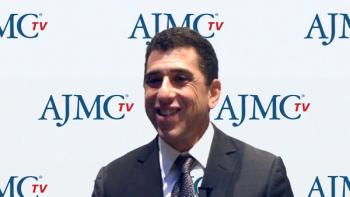
Dan Mendelson, MPP, founder, Avalere Health, discusses how the shift to value-based care has impacted managed care pharmacy.

While the Oncology Care Model is likely not a sustainable mode for oncology care, it will probably inform what payment structure comes next.

Years before the Oncology Care Model (OCM) was implemented, Northwest Medical Specialties started preparing by making changes to the personnel in the practice, explained Sibel Blau, MD, medical oncologist at Northwest Medical Specialties, PLLC.

In fiscal year 2019, there will be approximately $1.9 billion in value-based incentive payments available to hospitals in the Hospital Value-Based Purchasing (VBP) Program, which is a budget-neutral program.

The lag time between the end of a performance period in the Oncology Care Model (OCM) and the release of the full report from CMS, represents a challenge for practices looking to improve.

CMS is moving home health agencies away from a volume-based payment model and to a new value-based payment system. The Patient-Driven Groupings Model would focus on patient needs and rely more heavily on patient characteristics in order to pay for home health services.
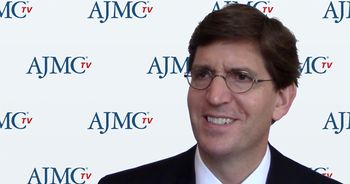
The proposed changes to the Medicare Shared Savings Program may put a damper on the accountable care organization (ACO) movement, but ACOs remain the government’s best option for controlling healthcare costs, said Stephen Nuckolls, CEO of Coastal Carolina Quality Care.
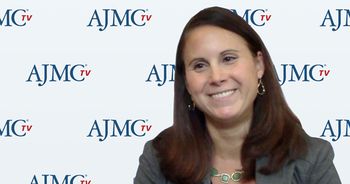
There are some proposed changes to the Medicare Shared Savings Program (MSSP) that may be favorably or not depending on the accountable care organization (ACO) and its situation, said Allison Brennan, MPP, senior vice president of government affairs for the National Association of ACOs.

Chronic diseases remain a significant challenge for older Americans, and Humana is using a holistic approach, leveraging value-based reimbursement models, to improve health outcomes and quality measures for the insurer’s Medicare Advantage (MA) members, according to a new Humana report, “The Intersection of Health + Care.”
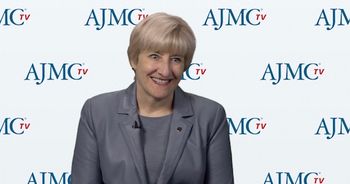
Practices that had experience with the COME HOME community oncology medical home model didn’t perform any better in the Oncology Care Model (OCM) than other practices, explained Barbara L. McAneny, MD, president of the American Medical Association.

Every week, The American Journal of Managed Care® recaps the top managed care news of the week, and you can now listen to it on our podcast, Managed Care Cast.

In the keynote address at Patient-Centered Oncology Care® 2018, Barbara McAneny, MD, a New Mexico oncologist/hematologist and the current president of the American Medical Association (AMA), shared her diagnosis for the current crisis in US healthcare, as well as a prescription—a new real-time oncology payment model led by physicians.

At a session of The American Journal of Managed Care®'s Patient-Centered Oncology Care® 2018 meeting, held November 16 in Philadelphia, panelists shared their views on the future of oncology value-based payment models and how they as payers and providers can help advance these models.
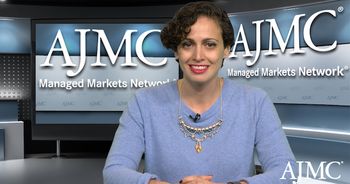
This week, the top managed care news included research that showed c​​​​ancer surpassed cardiovascular disease to be the leading cause of death in high-income counties; HHS Secretary Alex Azar announced a new mandatory payment model is coming to oncology; a policy change could make mental health treatment more available.

CMS' announcement of a new mandatory oncology bundled payment model wasn't a surprise. It reinforces CMS' continued commitment to creating innovative ways of transforming care.

Data and collaboration are necessary ingredients to succeed in the transition to value-based care models, and the money saved under these models will create room to pay for unconventional therapies and services in healthcare, according to panelists at The Institute for Value-Based Medicine meeting in Seattle, Washington.

The shorter timeline to risk and the reduction of shared savings rates are among the 2 greatest challenges accountable care organizations (ACOs) will face as part of the proposed changes to the Medicare Shared Savings Program (MSSP), said Allison Brennan, MPP, senior vice president of government affairs for the National Association of ACOs.

While the proposed changes to the Medicare Shared Savings Program (MSSP) won’t mean a large number of changes to Coastal Carolina Quality Care, the accountable care organization will have to make some changes to respond to the new Enhanced track, said Stephen Nuckolls, CEO of Coastal Carolina Quality Care.




